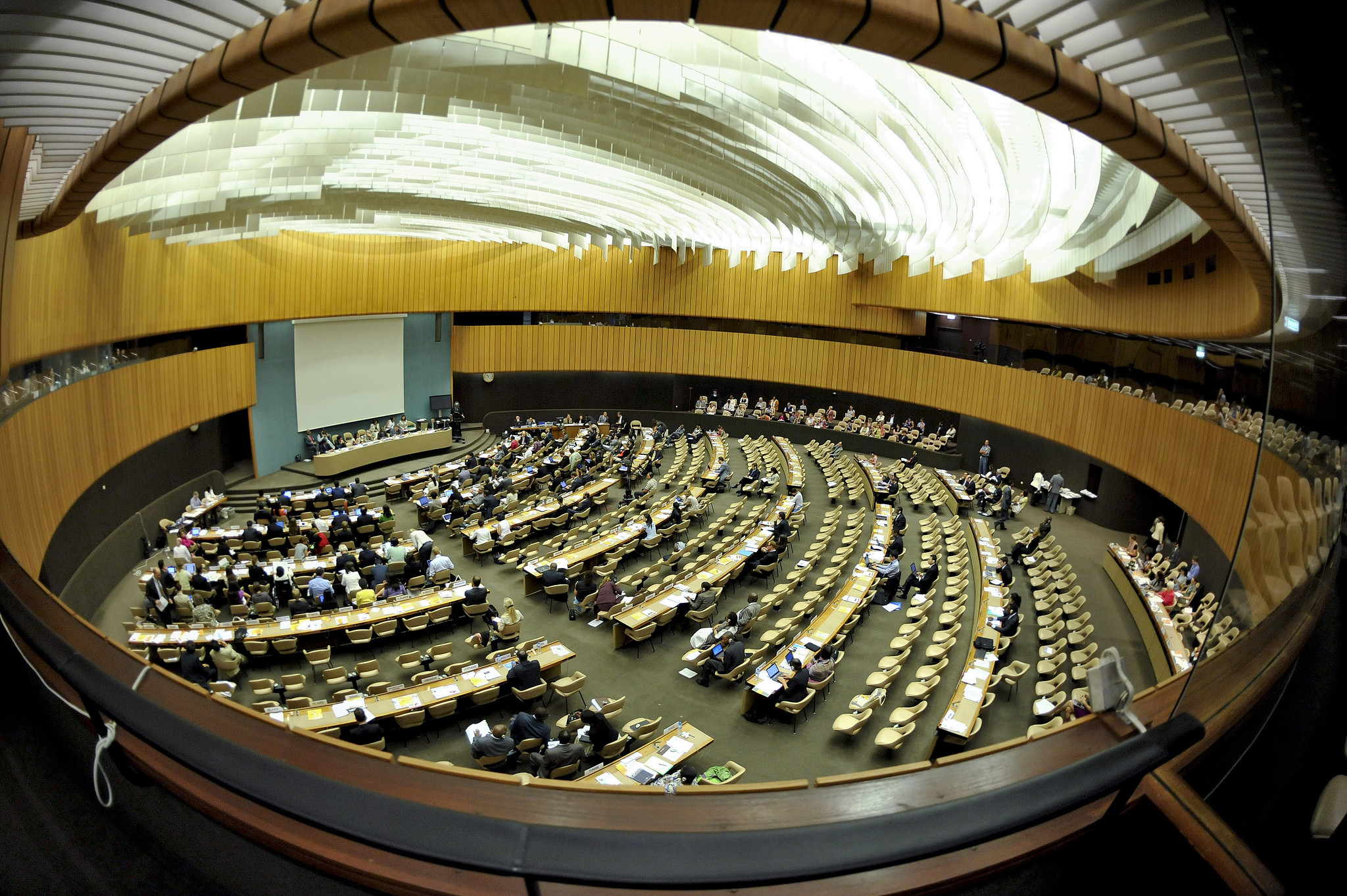MOSCOW (Parliament Politics Magazine) – Russia has stopped adaptation of a consensual agreement by the United Nations on nuclear disarmament.
The goal of the Nuclear Non-Proliferation Treaty is to stop the spread of nuclear weapons. Its 191 signatories review it every five years.
A resolution that was proposed expressed “grave concern” about activity of the military near Ukraine’s nuclear plants, especially Zaporizhzhia, was objected by Russia.
Participants found themselves in disagreement in the most recent review in 2015.
The Covid-19 pandemic, which was to be originally held in 2020 caused the 2022 meeting to be postponed. After the conclusion of the four-week summit in New York, a common agreement could not be reached.
Penny Wong, Australian Foreign Minister said that the lack of agreement was very disappointing.
The US representative, Ambassador Bonnie Jenkins, stated that the US truly regretted the outcome, more so on Russia’s conduct that led them to where they were that day.
Russia rejected a part of the text that mentioned “grave concern” about military activity near Ukrainian power plants, especially the nuclear plant at Zaporizhzhia, which Russia took over early in the war in Ukraine.
The draft section also mentions “the loss of control by the competent Ukrainian authorities over such sites as a result of those military activities, and their severe negative impact on safety.”
Russian spokesperson Igor Vishnevetsky stated that the final draft of the agreement had no “balance.”
He said that other countries also had concerns with the words. Their delegation had one key concern on some paragraphs which were, in nature, plainly political.
All countries that participated had to be in agreement of the final document. Many countries, including the Netherlands and China, expressed disappointment that no consensus had been reached.
The Dutch said they were satisfied with the useful discussions, however, it was disappointing that an agreement couldn’t be reached.
The process, nevertheless, was an important exercise of common security and real multilateralism, said the ambassador of China.
The International Campaign to Abolish Nuclear Weapons was regretful that almost all the countries in the world were unsuccessful in taking action on nuclear disarmament. That in a year when a state that had nuclear-arms invaded a nation that didn’t have any. The Washington-based Arms Control Association said the conference was a “missed opportunity to strengthen the treaty and global security.”
The Non-Proliferation Treaty, which was signed by 190 nations in 1970 and includes the US, Russia, France, the UK, and China, requires signatories to reduce their stockpiles and forbids others from acquiring nuclear weapons.
Last week, there were concerns about a potential radiation disaster after the Zaporizhzhia plant was briefly cut off from the electricity grid.
Europe’s largest nuclear plant was taken over by the Russian military in early March, but Ukrainian employees are still managing it under challenging circumstances.
The International Atomic Energy Agency (IAEA), the UN’s nuclear watchdog, is anticipated to arrange a trip to the Zaporizhzhia plant in the days to come to inspect the facilities there.






